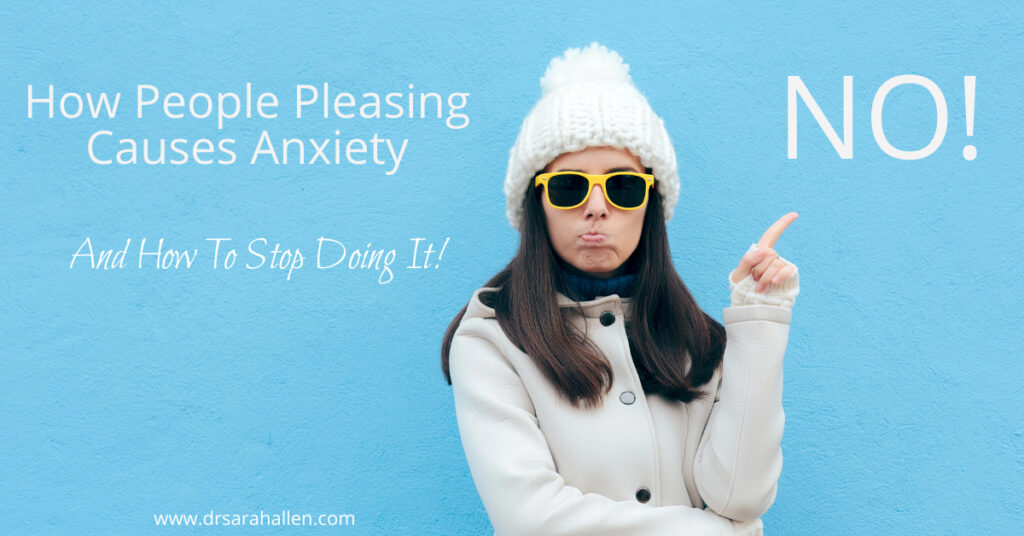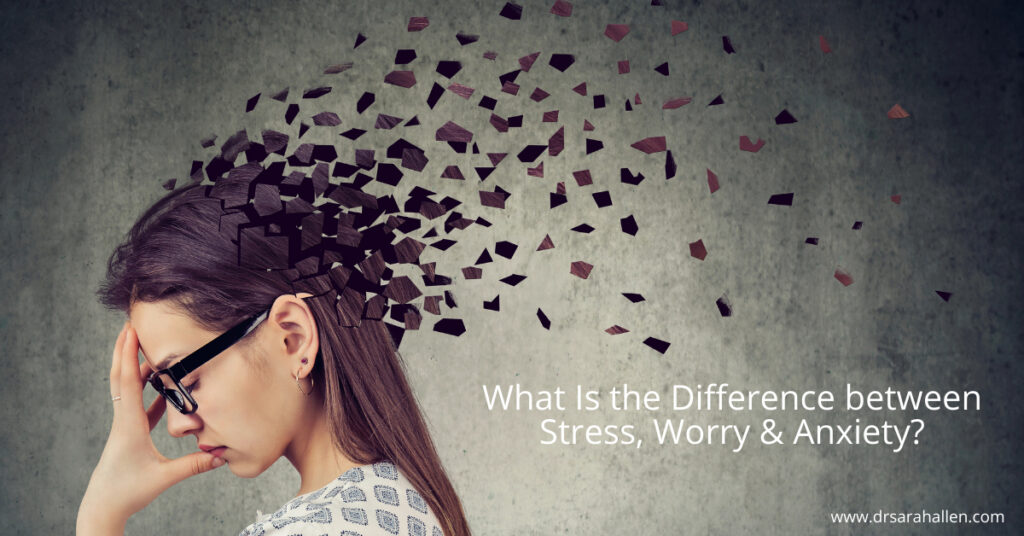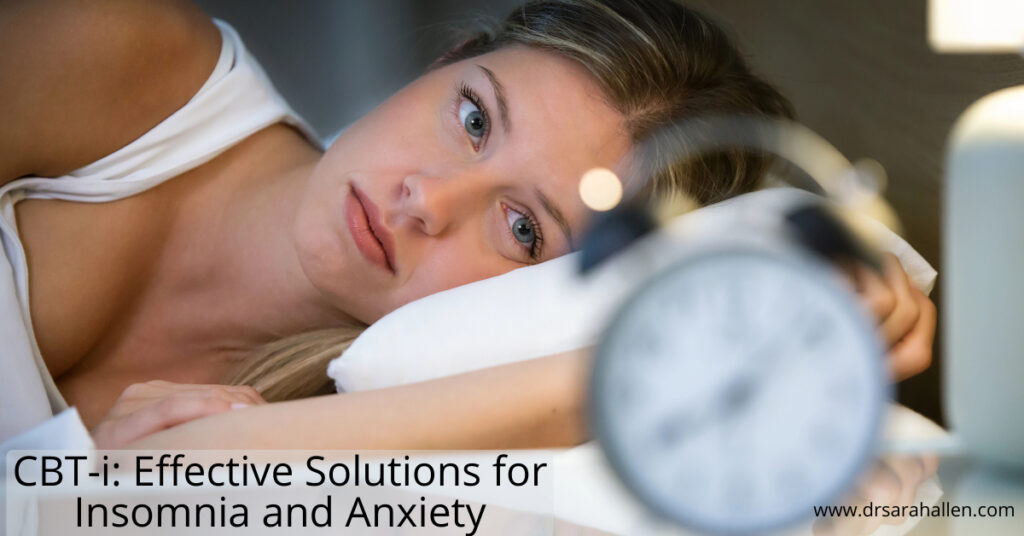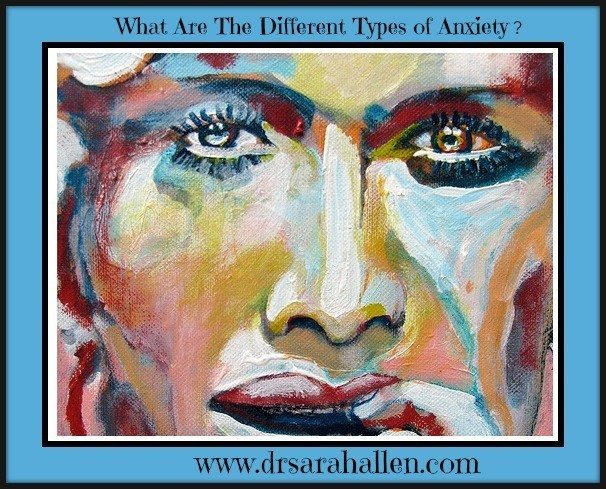
Does this sound familiar?
“I can’t get my thoughts to stop going round and around”
“I wake up with a feeling of dread and I don’t know why”
“My husband is late home from work, he was supposed to be here 30 minutes ago but hasn’t called as he usually does. Oh God, he must have had an accident!”
We all have worries, fears and concerns. Most people spend time worrying about job concerns or relationship worries or maybe about a specific upcoming event i.e. a test or a month with higher bills than usual. What sets worry apart from anxiety is the inability to be able to switch the worries off and go on to enjoys other aspects of your life.
Sometimes people are anxious about a specific thing such as a phobia about dogs or certain situations can cause social anxiety but when you experience a constant and exaggerated sense of tension, an inability to relax and you can’t pinpoint a reason why you feel so stressed it could be you are experiencing Generalized Anxiety Disorder, as called GAD.
Not everyone with GAD experiences the same symptoms but most people have a combination of of the following emotional, behavioral, and physical symptoms.
GAD Symptoms relating to your Emotions
- Constant worries running through your head that you can’t switch off
- Intrusive thoughts about things that make you anxious; you try to avoid thinking about them, but you can’t, they keep popping in to your head
- An inability to tolerate uncertainty; you need to know what’s going to happen in the future
- A pervasive feeling of apprehension or dread
GAD Symptoms that affect your Behavior
- Inability to relax, enjoy quiet time, or be by yourself
- Difficulty concentrating or focusing on things
- Putting things off because you feel overwhelmed
- Avoiding situations that make you anxious
GAD Symptoms that are Physical
- Feeling tense; having muscle tightness or body aches
- Having trouble falling asleep or staying asleep because your mind won’t quit
- Feeling edgy, restless, or jumpy
- Stomach problems, nausea, diarrhea
So why do people get generalized anxiety? Research is looking at how brain chemicals effect your emotions and how your genes may give you at a predisposition to getting GAD. I think, and many psychologists agree, that it is a mix of DNA, your environment and psychological factors that affect whether you get it or not. Anyone can develop GAD too, even children and when I talk to my clients who have GAD and ask them about their first memory of experiencing anxiety, they often trace it back to late childhood or teenage years. But it can first occur any time between childhood and middle age with women being twice as likely to experience it than men.
If you’ve struggled with anxiety and fears for a long time, it is very likely that you are experiencing Generalized Anxiety Disorder. But what if your symptoms are relatively short-term? Some medical conditions and/or medications can actually cause anxiety or perhaps you have recently experienced a traumatic event or situation? It is important to see a mental health professional to get an accurate diagnosis and also to assess whether you are experiencing other problems that often co-exist with GAD i.e. depression, substance abuse, phobias etc. The bottom line though is that all these problems are very treatable and you don’t need to be feeling like this. Reach out and get some help.
When clients first come in to see me, the main concerns that come up again and again are:
- How can I feel less stressed, angry and overwhelmed?
- What should I do if I feel panicky?
- How can I stop worrying about everything: my children, partner, friends, work, my “to do” list….
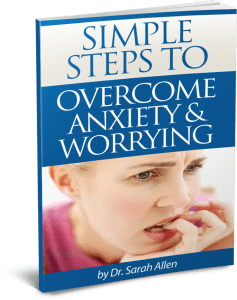
So I put together a booklet with some strategies I am always giving to my clients to help them begin to feel less anxiety and to worry less.
I hope that you will find it helpful too.
Add your first name and email address in the box below and you will be sent the steps to download your FREE book.
If you would like to work with me to understand why you are feeling anxious and learn effective coping strategies that reduce anxiety, please phone me at 847 791-7722 or email me below.

If you have any questions, or would like to set up an appointment to work with me and learn how to reduce anxiety, please contact me at 847 791-7722 or on the form below.
If you would like to read more about me and my areas of specialty, please visit Dr. Sarah Allen Bio.
Dr. Allen’s professional license only allows her to work with clients who live in IL & FL & the UK and unfortunately does not allow her to give personalized advice via email to people who are not her clients.
Dr. Allen sees clients in person in her Northbrook, IL office or remotely via video or phone.

What Can I Read That Helps Me While I Am Waiting For My First Appointment With Sarah?
Download this free booklet to gain valuable insights and practical strategies for managing anxiety and worrying.









